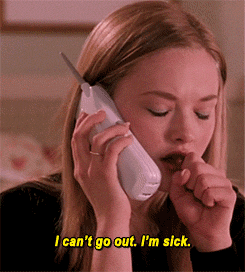A Telegraph report says that a third of workers in the world rely on their voice to carry out their job. Up to a quarter of employees experience voice care problems. Teachers, Broadcasters, Call Centre staff, Actors, Singers and many other different professionals rely on their voice as a crucial tool of their trade; damaged vocals not only cost you time and money but could also cost you your voice!
Sounds daunting, but it doesn’t have to be; and these do’s and don’ts will be of help to you!
Dos
Breathe properly using your whole chest, not just the upper part of it in order to support the voice. Our bodies are a like six-cylinder car, so if you only use the upper chest to breathe it’s like running on three cylinders and putting unnecessary strain on the body.

You should always drink plenty of water to keep the vocal cords lubricated. Have a water bottle on you at all times or at least drink one glass every mealtime and at least one in between.

Relax, relax, and relax! Tension tightens the voice and makes it harder to talk. Keep your posture low and easy, your face and jaw relaxed. Try and stretch your upper body regularly. Massage your neck on either side of your voice box. Also yawning and sighing before speaking opens the voice and relieves stress. Yes you heard it right, don’t stress!

Speak slowly, pause frequently and rest you voice if you feel tired. Allow others to speak and share their thoughts!
And of course give Vocalzone Throat Pastilles a go! It is specially formulated for voice care and is designed specifically to relieve throat irritation or dryness which may occur if you have been singing, speaking or smoking excessively!

Don’ts:
Cough or clear your throat repeatedly, it causes vocal fatigue and can damage your vocal folds. Try sipping water, sucking a cough sweet or try Vocalzone instead!

Talk above background noise. Whistle or clap to silence a room.

Eat late at night – This can allow stomach acid to spill into your larynx causing hoarseness. Watch out for any pain or hoarseness, they may signal a voice problem. Always consult with your doctor or voice coach if you feel you may have a problem.

Smoke! It damages your vocal chords. Alcohol is an irritant too which should also be avoided as much as possible.

Adopt a lower or higher than natural pitch in order to sound authoritative or emphatic. If you make the sound of agreement “mm” mm’, (I know you’re making that sound – aren’t you?!), the second “mm” (and again…) is likely to be close to your optimum pitch.

Ignore any warning signs – Monitor you voice! Don’t shout when you don’t have to; vocal cords already collide with each other more than a million times a day!

